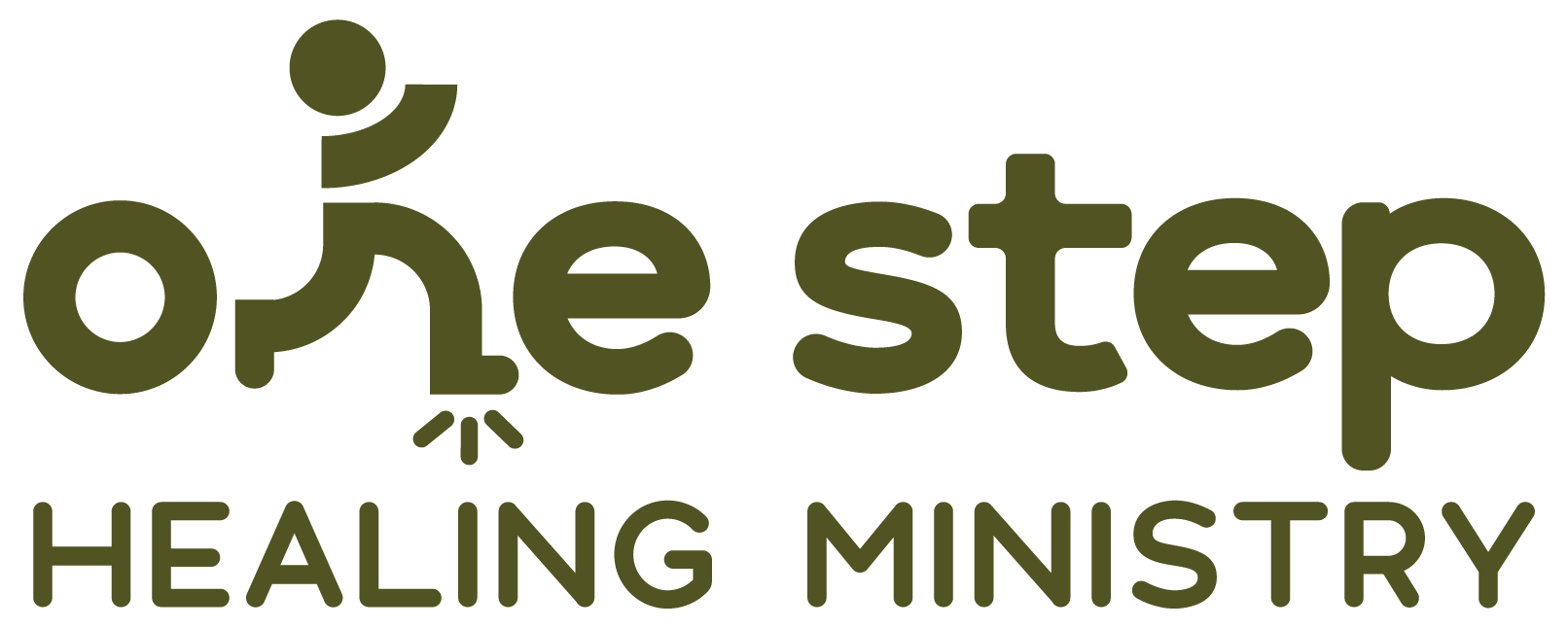Matthew 8:1-3, James 1:14-15
“Temptation comes from our own desires, which entice us and drag us away. These desires give birth to sinful actions. And when sin is allowed to grow, it gives birth to death.”
These two verses come from James’ New Testament epistle, and they’re the verses I use to bolster what may be the only controversial tenet of the One Step Ministry, that being my contention that addiction is not a disease. As James lays out for us here, the root of any sin – including addiction – is found in temptation. Temptation is a weapon of the enemy of our faith that’s generated by our selfish desires. It’s a near perfect addiction model.
We all live lives loaded with challenges, trials, and setbacks. When you think about it, just existing in the world we live in today brings with it near immeasurable pressures. These pressures mount, and we find ourselves at this moral crossroads. We can take our burdens, turn right, and surrender them to Jesus, trusting Him to prosper us according to His will and His perfect timing.
And even for the most devout that can be frustrating, even discouraging at times.
That’s when we consider the left had turn instead. There we find Satan waiting and he’s whispering that he has the quick fix for what ails you. And he knows just what thing will bring you short term satisfaction; the drug, the drink, the website, whatever. And he assures you that what he has is better because clearly Jesus doesn’t care about you. If you’re hurting bad enough, Satan can make that left hand turn look awfully good. So, what happens?
We choose substance over Savior. We submit to the temptation and in that single second when we choose to trust and worship something other than Jesus, sin is conceived. You didn’t “catch” your addiction like a cold or “contract” your addiction as the result of some cellular anomaly or infection. You just gave into a temptation. The temptation then gave birth to sin, and two things happened. One, you were dragged away from the protective righteousness provided by your faith in Jesus and two you gave your physical being over to something that in time will make you sick – kind of like a disease – and that sickness can lead to death.
I encourage people to research this idea of addiction as disease (listen to my sermon for more) and understand that the medical community uses this term “disease” to cover so many bases that practically anything can be labeled as such. Understand too that when, fifty or so years ago when addictions were first labeled a disease, that decision had a lot less to do with clinical conclusions than it did trying to de-stigmatize the growing problem of substance abuse in the U.S. If say, alcoholism could be seen as a disease rather than a spiritual or moral failing, alcoholics might be more prone to seek help.
And it worked! You can’t look at the numbers of people who attend all manner of 12 Step meetings and argue with their success.
But my point in all this is simple. If I see addiction for what it is, a sin, rather than disease that really isn’t all that well defined, than I can see Jesus Christ as a destroyer of sinful strongholds. And by my faith in Him, rather than spending the rest of my life as a self- professed addict in recovery I can i see myself as a healed and whole disciple of my Lord and Savior.
But we know addicts struggle with the thought of crying out to Jesus. Satan’s most effective lies are focused on the sinner who sees themselves as unredeemable and if you’ve walked the walk of an addict for any period you know just what I mean. Look at this though from Matthew’s Gospel, chapter 8, verses 1-3.
“Large crowds followed Jesus as he came down the mountainside. Suddenly, a man with leprosy approached him and knelt before him. “Lord,” the man said, “if you are willing, you can heal me and make me clean.” Jesus reached out and touched him. “I am willing,” he said. “Be healed! “And instantly the leprosy disappeared.”
Here’s a brother dealing with a legit disease, brought about not because he did something wrong, but because our earthly bodies fail. Lepers in Jesus’ day were social pariahs, they lived in exile, hated, and isolated. This brother has come to a place where he sees Jesus as his last, best hope so, at great risk to himself, he approaches Jesus and kneels before Him. And what he says to Jesus here can be a model for us when we find ourselves kneeling before Him, feeling incurable.
“If you are willing, you can heal me and make me clean.” Suddenly, the leper’s life is no longer controlled by his illness because he’s turned it over to the will of His Savior. He gives his trial to the Lord with a faith-filled, humble heart. The result? Jesus touches the untouchable and tells him, “I am willing. Be healed!”
There is no sin, hence no addiction that Jesus can’t take from you and leave in its place a healed life. Not a life defined by past sin, but a life made new through faith. Amen?

